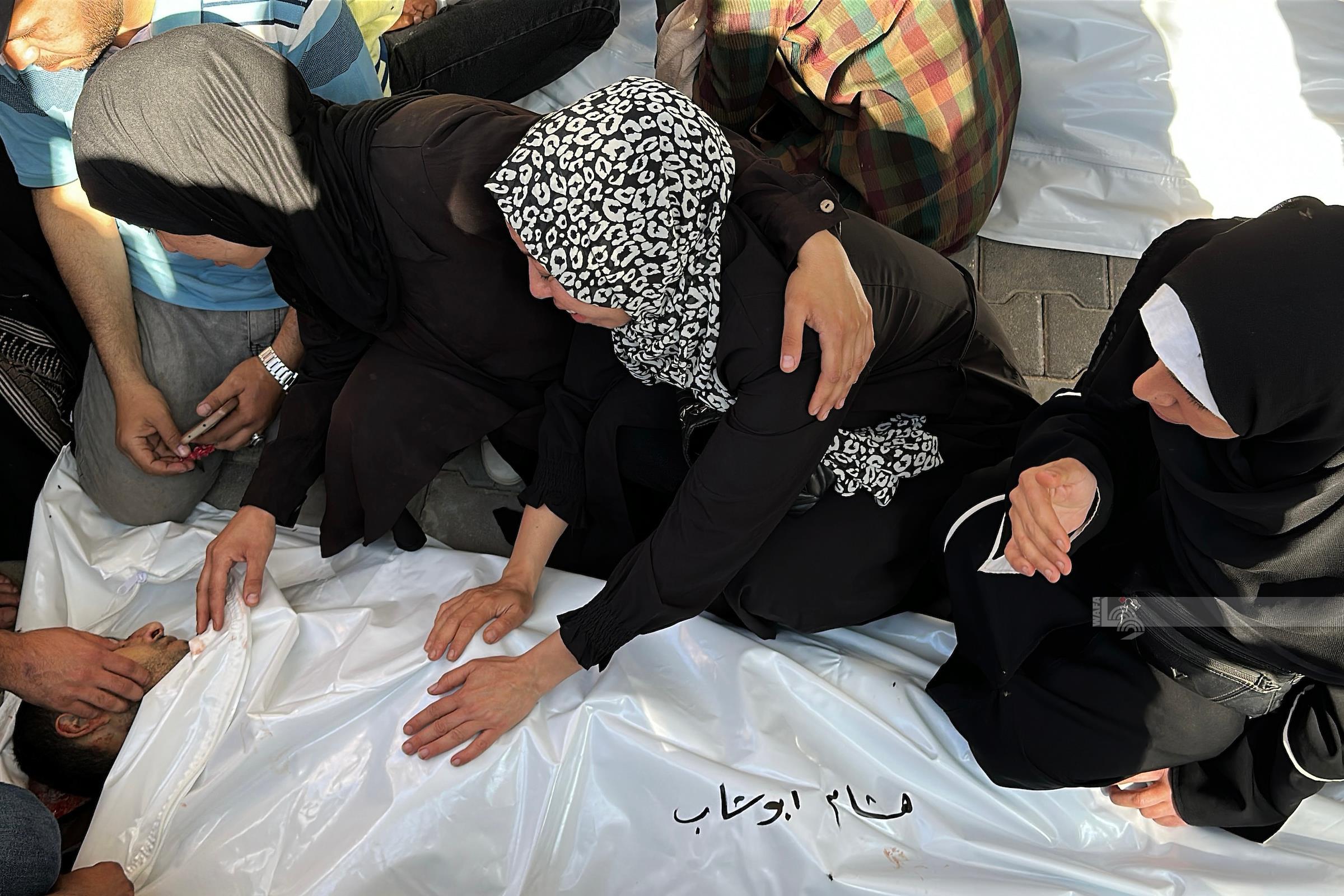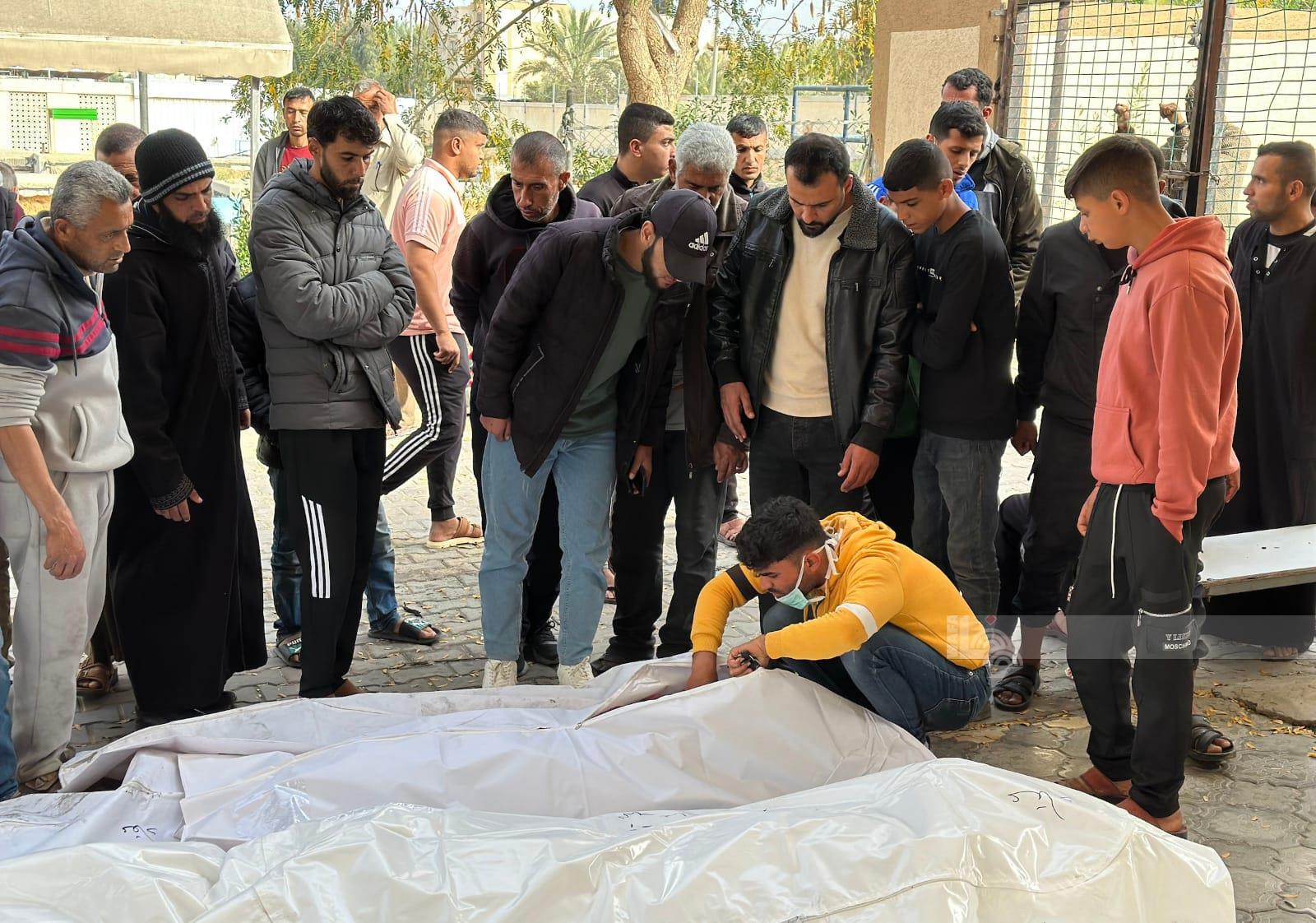JERUSALEM, February
13, 2014 (WAFA) – The Israeli human rights group, B’Tselem, said Wednesday that
Israel does discriminate in water allocation between Palestinians and Israelis
and that Palestinians get much less water than Israelis.
B’Tselem was
responding to allegations by Israeli officials that there was no discrimination
in water allocations as claimed by the president of the European Parliament,
Martin Schulz, during a speech he made at the Israeli parliament, the Knesset.
Israelis interrupted
Schulz and walked out of the building when he said Palestinians get much less
water than Israelis.
“Is there
discrimination in terms of the quantity of water available to Israelis and
Palestinians?” asked B’Tselem rhetorically. “Yes, there is discrimination in
water allocation and Israeli citizens receive much more water than Palestinian
residents of the West Bank and the Gaza Strip,” it answered.
It said the government
of Israel is largely responsible for this discrimination due its water policy.
“Minimal amounts of
water are supplied to Palestinians and water from shared resources is unequally
divided,” it said, adding that “existing infrastructure with high levels of
water loss is not upgraded, no infrastructure is developed for communities that
are not connected to the water grid and water infrastructure projects in areas
located inside the Palestinian Authority are not approved.”
B’Tselem said data
provided by the Israeli national water company, Mekorot, shows that while the
average household water consumption in Israel is between 100 and 230 liters per
person per day, way above the World Health Organization’s recommended a minimum
of 100 liters per person per day, this is not the case for Palestinians.
“Palestinians
living in the occupied Palestinian Territory can be divided into three groups
according to the amount of water available to them, which is less than the
Israeli average in all three cases,” it said.
It said average
daily consumption among Palestinians connected to a running-water network is
about 73 liters. Even those who are connected do not necessarily have access to
running water throughout the day or the year, and water is supplied
intermittently, following a rotation program.
Palestinians not
connected to the water supply network, who number around 113,000 people living
in 70 communities, 50,000 of them in Area C of the West Bank, which is under
full Israeli control, rely on rainwater, which they store in cisterns, and on
water sold in tanker trucks by private dealers.
In the southern
West Bank, said B’Tselem, about 42 communities consume less than 60 liters per
person per day and shepherding communities in the northern Jordan Valley
consume only 20.
It also said that average
consumption in the Gaza Strip is 70 to 90 liters per person per day and the
quality of the water is extremely poor.
M.S.










